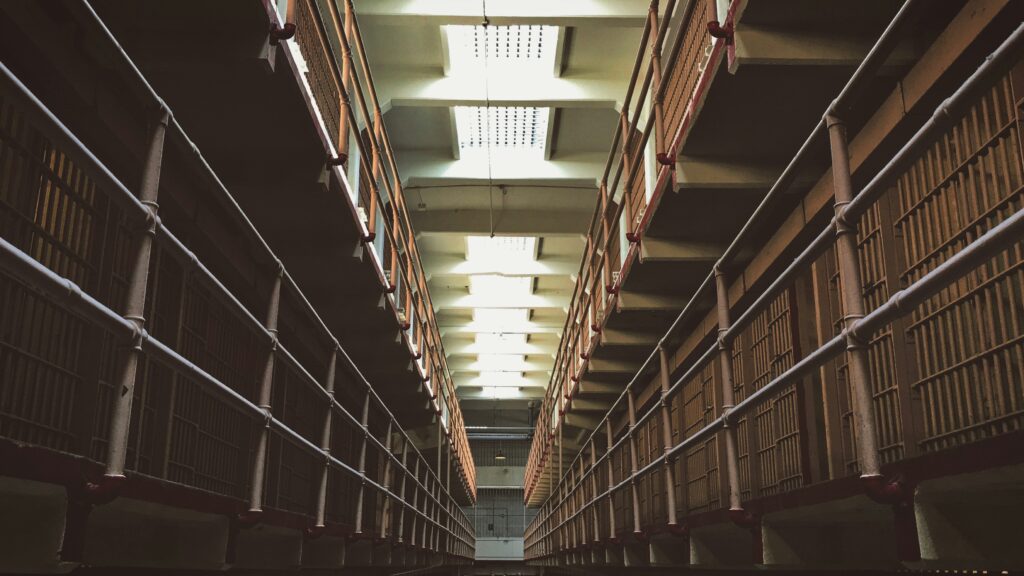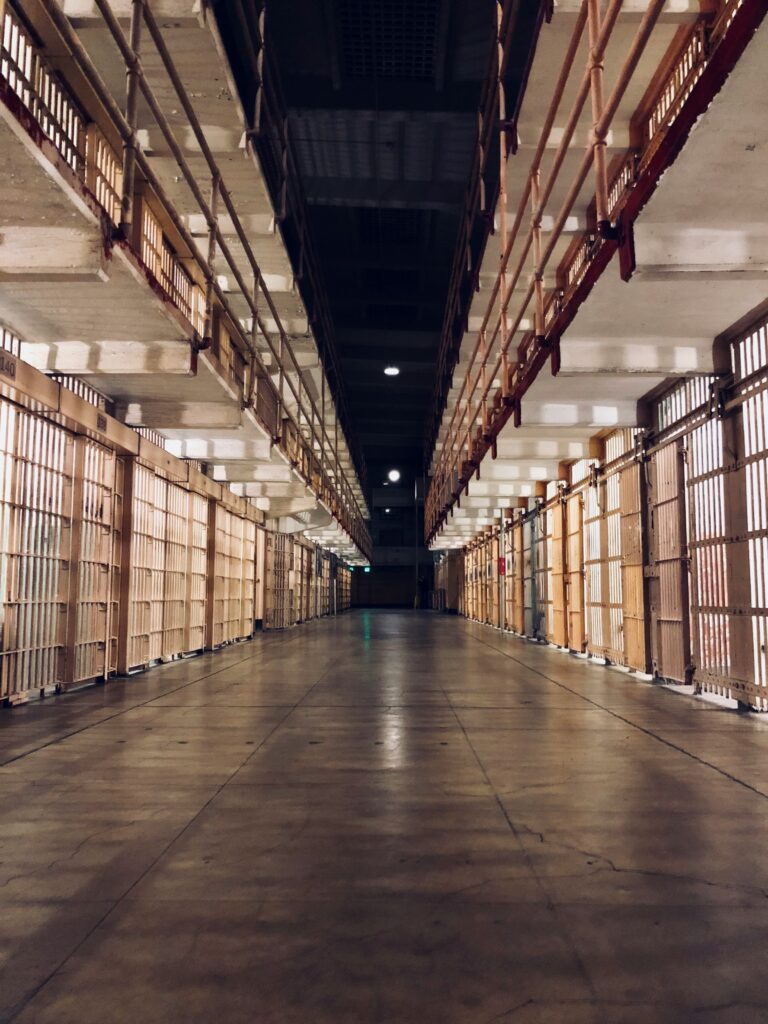Last week, while defending funding for a wall across the U.S./Mexico border, Representative Glen Grothman (R-WI) recognized the dwindling demand for illegal cannabis in the United States.
Republican Congressman Says Less Weed is Crossing Border Due to Legalization
In a general speech addressed to the House of Representatives, Rep. Glenn Grothman of Wisconsin remarked that the U.S. will continue losing money if the construction of the controversial border wall is halted.
Grothman claims that the wall will in fact save the country money by “reducing the number of illegal [fire]arms . . . and immigrants crossing the border, as well as reducing the amount of agents patrolling the border.”
The congressman continued arguing that, if work ceases in expanding the wall, “we will wind up losing money as we pay money to care for people crossing the wall [and] losing money to our society as we have more drugs coming across the southern border.”
However, Rep. Grothman made a clear distinction, separating cannabis from the rest of the pack.
“Not surprising – as marijuana becomes more legal in the United States – more of the drugs that cross the southern border are fentanyl, are meth, are heroin, resulting in more deaths all around the country. Another reason why we should be taking our southern border seriously,” Grothman continued.
He doubled down on the assertion in a video posted to his Twitter on February 2nd, saying, “Compared to 15 years ago, there’s a lot less marijuana drug smuggling – which is good. Although the reason for that is marijuana is legal [in] more of the U.S. – you don’t have to smuggle it illegally. Bad thing – drug cartels are more than making up those profits by smuggling strong illegal drugs.”
While Congressman Grothman is correct that the demand for marijuana trafficked illegally from Mexico to the U.S. has dropped significantly as more states legalize adult-use cannabis, it’s worth noting that the vast majority of drugs confiscated at the border are found at lawful entry points – not at unsecured areas of the border.
Marijuana and the Mexico/U.S. Border
Since Colorado and Washington became the first states to legalize recreational marijuana in 2012, drug seizures, drug demand, and drug trafficking arrests at the southern U.S. border have seen a continuous decline. According to the Congressional Research Service (CRS), the presence of a regulated market makes citizens less likely to seek out marijuana through illicit channels.
In a report published last summer, the CRS concluded that, “Authorities are projecting a continued decline in U.S. demand for Mexican marijuana . . . due to legalized cannabis or medical cannabis in several U.S. states and Canada, reducing its value as part of Mexican trafficking organizations’ portfolio.”
Those findings fell in line with other studies on the subject, including an analysis published by the Cato Institute. David Brier, an immigration policy analyst at the think tank, wrote, “Based on Border Patrol seizures, smuggling has fallen 78 percent over just a five-year period.”
Brier’s paper went on to criticize the effectiveness of the border wall as a proper deterrent to drug smuggling. He continued, “Given these trends, a border wall or more Border Patrol agents to stop drugs between ports of entry makes little sense,” Bier wrote. “State marijuana legalization starting in 2014 did more to reduce marijuana smuggling than the doubling of Border Patrol agents or the construction of hundreds of miles of border fencing did from 2003 to 2009.”
Additional Resources:
At The Weed Blog, we strive to produce the latest online news resources regarding marijuana. We also review various strains of cannabis or other edible counterparts. We are committed to helping you find valuable information about marijuana on our website. With marijuana laws constantly changing, learn from us what you can do to promote activism in your area. Otherwise, consider these other top-tier articles regarding cannabis:
1 in 3 Americans Now Live in a State Where Recreational Marijuana is Legal
Joints For Jabs Gives Out Free Marijuana to Encourage COVID-19 Vaccinations





